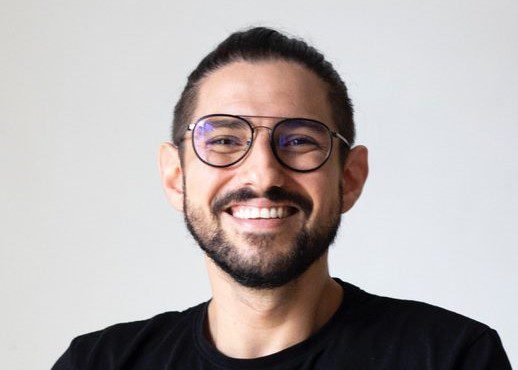By Riley Kaminer
Wayru, the Miami-based startup developing a decentralized way to expand internet access in underserved areas, today launched two initiatives to further their mission.
Wayru launched a hotspot, Genesis, which enables anyone with an internet connection to share it – and earn crypto rewards in the process. The startup also launched an investment vehicle, “pool tokens,” that let users profit off the growth of Waryu’s network.
The Genesis device functions as a simple hotspot, just like you would expect to see in a public place such as a restaurant or a small store. But there’s a twist: based on that hotspot’s uptime and how much traffic it receives, operators will be rewarded in Wayru’s proprietary cryptocurrency (WRU). For now, Wayru will be selling 1,000 hotspot units for $200 each, with plans to ship in late Q3 this year.
“Crypto savvy folks are going to love this,” co-founder and CEO Charvel Chedraui told Refresh Miami. He expects a subset of early adopters to not even deploy these devices, but rather hold onto them in hope they’ll increase in value as Wayru memorabilia.

But for the majority of purchasers, Chedraui acknowledges that securing a Genesis device is a way to buy into Wayru’s mission, creating a “collaborative global network that allows people to get online anywhere.” The company reports that the devices will be easy to set up, taking less than 10 minutes and no specific technical abilities.
The pool token launch is for people who want to get in on this mission but lack a place to deploy a Genesis device. Each pool will be made up of upwards of a thousand hotspots. Proceeds from the sale of pool tokens will go toward further developing Wayru’s network. While eventually there will be 100,000 pool tokens available, the startup is initially offering 10,000 at $50 each.
The advantage here is the low effort required: Wayru deals with the setup, operations, and management of the hotspots while pool token holders collect revenue. For this service, Wayru takes a third of revenue from these pools.
This news comes off the back of Wayru’s $1.96 million seed round the web3 startup announced in May. Since then, the company has grown from 7 to 15 employees – with view to add five additional team members before year end. Wayru has started to partner with international organizations including the World Council of Credit Unions to help further their mission. And Chedraui said they’re in talks with even more, including the UN.
Wayru has also begun to deploy their network in Guayaquil and Quito, Ecuador. As part of the test network, Wayru plans to deploy five large block nodes, each of which can host up to two thousand hotspots. Chedraui hopes that this work will make a dent in providing internet access to the 4 billion people worldwide who lack access to it.
“I’ve fallen in love with solving this problem of creating a digital gap free world,” said Chedraui. “That excites me a lot.”
READ MORE ON REFRESH MIAMI:
- With $1.96M of funding in tow, Wayru spearheads strategy to bring internet to underserved communities
- Jake Paul’s micro-betting app Betr raises $50M Series A
- Daba is opening up the African startup ecosystem to investors in Miami and beyond
- Expecting a day in small claims court? People Clerk will make sure you’re prepared
- Mytaverse brings businesses into the metaverse by building immersive digital environments
- OneOf’s $8M funding round will bring more musicians, athletes and brands to NFT marketplace





